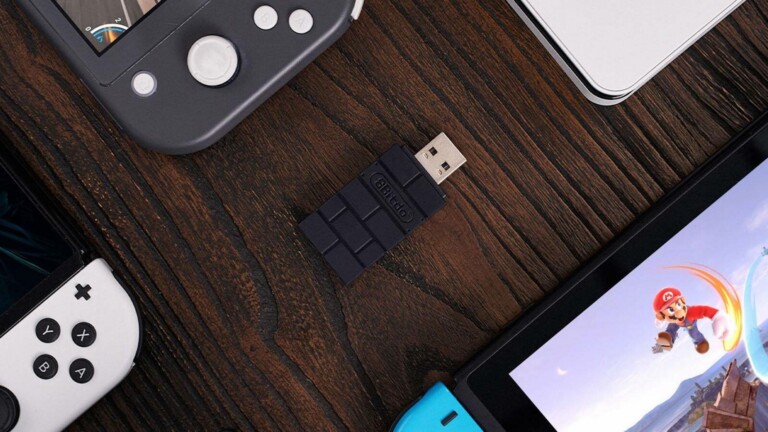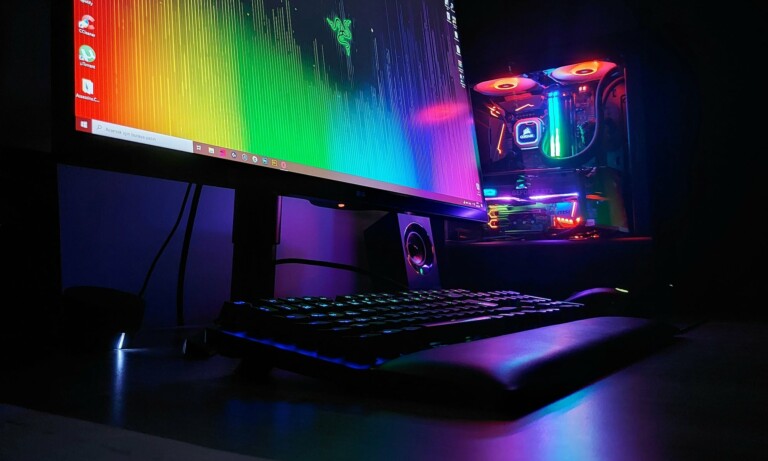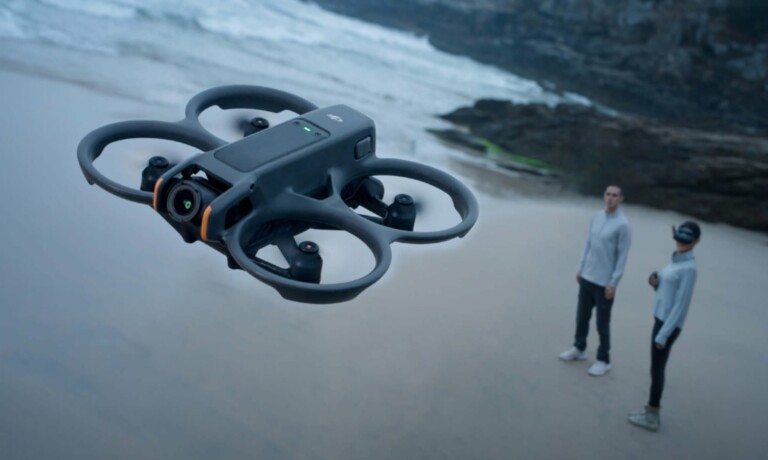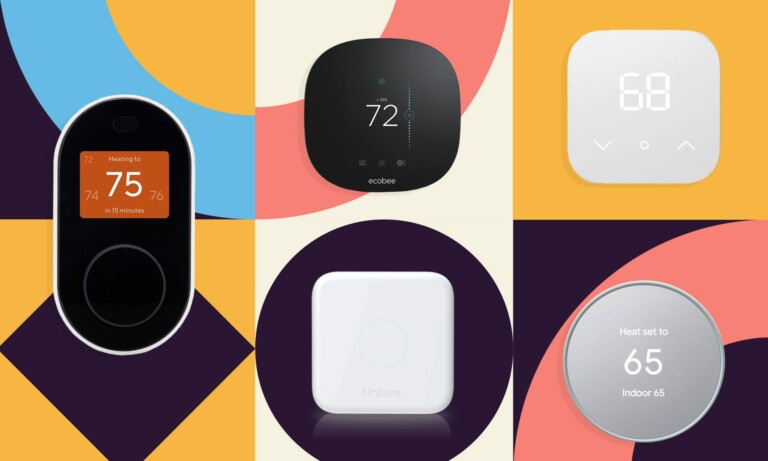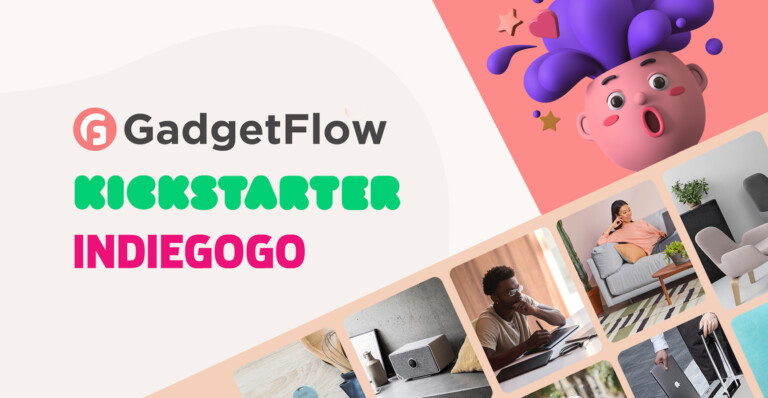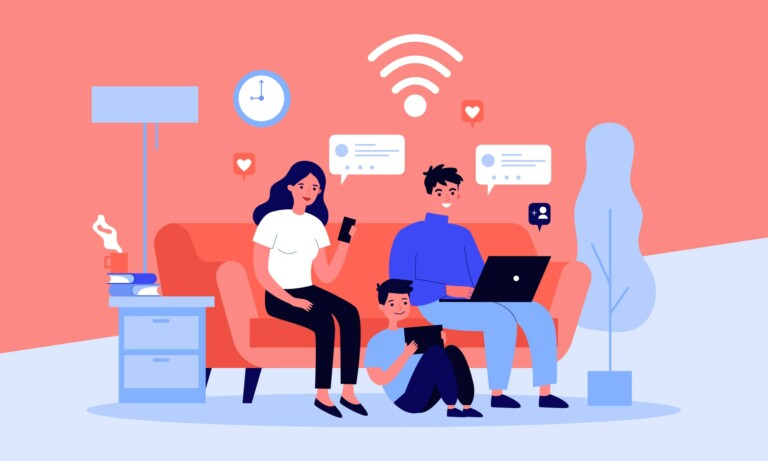Google I/O 2023—the future of AI and Google products
Yesterday's Google I/O was packed with a slew of new AI advancements and 3 new Pixel devices. Check out the highlights in today's roundup.

Missed the Google I/O 2023 keynote yesterday? Don’t worry, I caught the highlights for you. And they’re chock-full of cool new AI advancements, demonstrating that Google intends to be a major player in the field.
Google’s new AI achievements are nothing short of exciting. Magic Compose can rewrite your messages and conversations in different styles, helping you sound more professional—or even like your favorite playwright. Meanwhile, PaLM 2 is set to be Google’s newest large language model, the company’s direct competitor to Open AI’s ChatGPT.
Hardware also took the spotlight as Google announced 3 new Pixel devices: Pixel Fold, Pixel Tablet, and Pixel 7a. Yes, Google is finally launching a foldable phone!
Ready for the latest Google news? Here we go
Magic Editor and Magic Compose
How often have you wished you could change something in a photo you’ve just taken? With Google’s AI-powered Magic Editor tool, you can. This tool allows you to make more complex edits, like filling in a photo’s gaps or even editing specific parts of the photo. So every picture can be a great one.
Then, if you ever wanted a tool that could make your everyday texts and conversations sound more professional, casual, or positive, Magic Compose has your back. This AI-based tool can change your writing voice to suit your preferences. You can even have fun with it and ask it to write your messages like Shakespeare.

Google Maps
Travel also gets easier with the Google Maps AI-driven Immersive View for Routes. Available in select cities, this feature shows you all the details you need about a place in one spot, including bike lanes, details about traffic simulations, parking, difficult intersections, and more.
It’s an innovative feature that will surely alleviate a lot of travel-related headaches. Running into a difficult traffic situation in an unfamiliar place might finally be a thing of the past. Because AI can let you know about it beforehand.
PaLM 2
Google also introduced the company’s newest large language model (LLM), PaLM 2. It will power Google’s updated Bard chat tool, the competitor to Open AI’s ChatGPT, and will serve as the foundation model for many of the new AI advancements announced yesterday.
While Google didn’t provide a lot of technical details about the model’s training process, it did highlight the model’s capabilities. According to the company, it’s better at common sense reasoning, logic, and math. So now it can complete math problems itself, instead of resorting to third-party plugins.
It also has new features for writing and debugging code. Trained on 20 programming languages, including Python and JavaScript as well as Verilog, Prolog, and Fortran, it’s the base of Codey, Google’s coding and debugging model.

Duet AI for Workspace
At Google I/O 2023, the company also announced Duet AI, the name of its new AI tool that’ll work across Sheets, Docs, Slides, Gmail, and Meet. The features still aren’t available to everyone, but Google offered a sneak peek at a feature called Sidekick which can read, summarize, and answer questions about documents from different Google apps.
Duet AI is basically a collection of AI tools for Google’s productivity apps. It includes things like writing help in Docs and Gmail, creating images for Slides, and even generating automatic meeting summaries for Meet—so now you can concentrate on what a speaker is saying instead of furiously taking notes.
Another noteworthy tidbit is that the company is bringing writing assistance to Gmail on mobile. It’s calling it Help me Write, and it’s basically an upgrade to Smart Compose.
That all sounds cool, but if you want to try out these particular tools, you’ll have to sign up for Workspace Labs and join a waitlist.
Search Labs
Among the flurry of AI-related introductions were 3 new test features on Search Labs. Search Generative Experience, for one, is an AI-infused search engine that gives users automatically-generated overviews, follow-ups, and tips.
Add to Sheets lets you put search results into worksheets, saving anyone who works with data valuable time. Then, Code Tips provides programming advice and snippets.
The big caveat here is that Google’s generative AI is experimental, for the moment. The results shown yesterday were from demos, so we don’t know when these features will reach the public.

Imagen in Vertex and Codey
In addition, Google I/O 2023 introduced plans to bring new AI models to Vertex AI, the company’s comprehensive managed AI service. One of these models is called Imagen, a text-to-image model. This impressive model has the ability to create and modify images, along with providing captions for images that already exist.
Then, Codey is Google’s sweetly named new tool for code completion and generation. Codey is just one of a number of new AI-centric coding tools announced yesterday.
It serves as Google’s response to GitHub’s Copilot, which is a chat tool used for coding inquiries. Unlike Copilot, Codey is specifically trained to handle questions about Google Cloud in general
Project Tailwind
While the name might sound clandestine, Google’s Project Tailwind is actually an AI-driven notebook tool. Its main purpose is to take the user’s unstructured notes and automatically organize and summarize them.
This handy tool can be accessed through Labs. Here’s the lowdown on how it operates: users select files from Google Drive, and Project Tailwind generates a private AI model that specializes in the particular information. Additionally, it provides a personalized interface to help navigate the notes and documents.
3 New devices for the Pixel lineup
During the keynote, Google put a spotlight on its Pixel hardware by unveiling 3 new products: Pixel Fold, Pixel Tablet, and Pixel 7a, a wallet-friendly smartphone that doesn’t compromise on quality.
The $1,799 Pixel Fold marks Google’s entry into the foldable market. This device boasts a 5.8-inch OLED outer screen, which expands to a respectable 7.6-inch OLED display with a smooth 120 Hz refresh rate.

On the other hand, the 11-inch Pixel Tablet is priced at $499. Not only does it work as a conventional tablet, but it also serves as a smart display when you pair it with the charging dock. Which, by the way, also doubles as a speaker.

In addition to these exciting releases, Google updates its midrange A-Series with the Pixel 7a. Priced at just $499, it has Google’s powerful Tensor G2 chip, providing excellent performance. The phone has a 6.1-inch 1080p display that can run at up to 90 Hz.
A slightly pricier option costs $549. It supports millimeter wave technology.

What to make of Google I/O 2023
With competitors like OpenAI, Microsoft, and GitHub encroaching on Google’s once indomitable position as the world’s most popular search engine and provider of internet-based products, there was a lot riding on this year’s Google I/O event.
It responded with a rapid-fire of updates to current products that users already know and love, lacing them with new, helpful AI capabilities. It also announced a suite of new AI-based models designed to improve users’ everyday lives and make them more convenient.
For the moment, many are still under development. I, for one, can’t wait to see the final results. What do you think about Google’s new AI tools? Let us know in the comments!

Your inbox is missing this newsletter!
*When you sign up, expect newsletters, promotions, and agree to our Terms of Use, acknowledging our Privacy's data practices.

